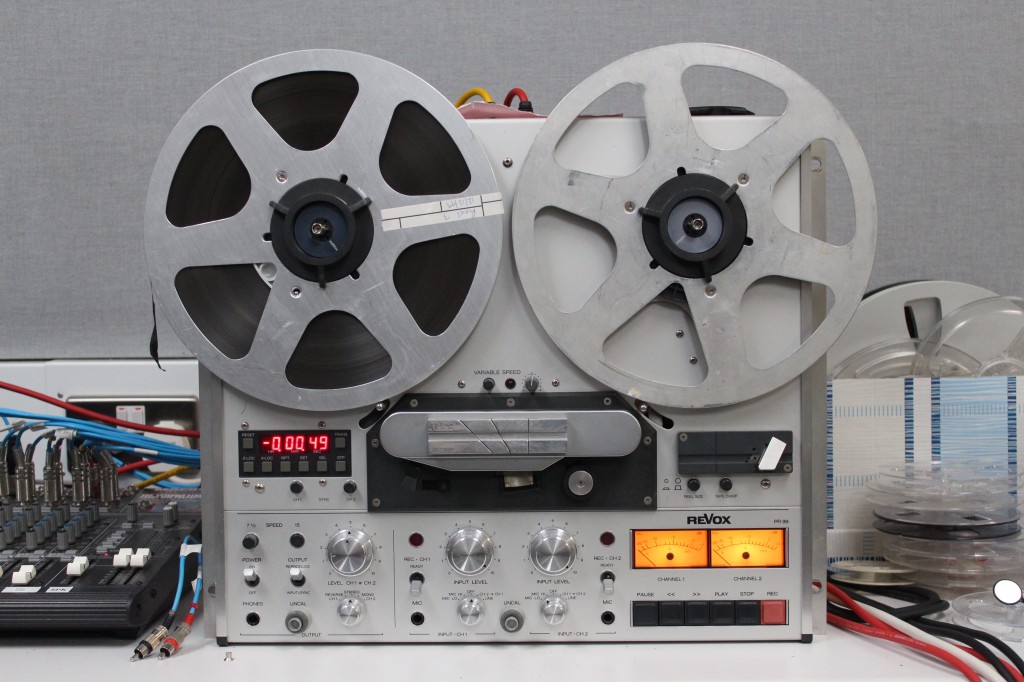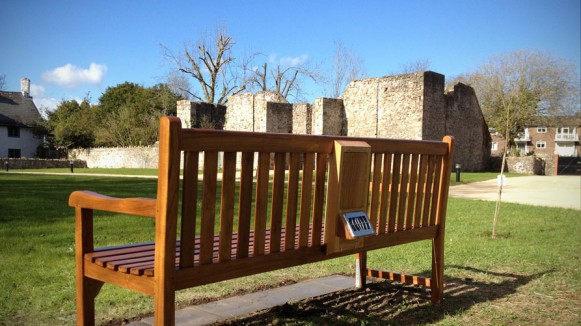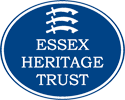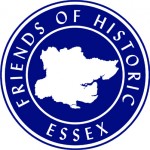 The You Are Hear: sound and a sense of place project has secured a grant of £276,800 from the Heritage Lottery Fund (HLF), the Essex Record Office announced today.
The You Are Hear: sound and a sense of place project has secured a grant of £276,800 from the Heritage Lottery Fund (HLF), the Essex Record Office announced today.
Over the course of three years, starting this autumn, the project will digitise and catalogue many of the historically significant sound and video recordings held in the Essex Sound and Video Archive. The recordings will then be used to help people in Essex develop and enhance their sense of place. Focussing primarily on oral history interviews, these recordings reveal the remarkable experiences of everyday people over the last century.
The project will work with community groups in villages and towns throughout Essex, helping them to reflect upon where they live by engaging with the recordings. Each group will create a sound montage of clips about their community from the Archive. The montage will then be installed on a sonic park bench. Whether placed on a village green, by the seaside, or in a shopping district, at the press of a button anyone will be able to listen to recordings from the past tell the story of where they are sitting.
[soundcloud url=”https://api.soundcloud.com/tracks/212465939″ params=”auto_play=false&hide_related=false&show_comments=true&show_user=true&show_reposts=false&visual=true” width=”100%” height=”200″ iframe=”true” /]
In this clip, Ronald Poole recalls the institutions that lined Baddow Road in the days when he journeyed along it to and from school, comparing buildings long gone with current landmarks. Interview recorded by Chelmsford Museum in 1990 (SA 15/705/1).
The You Are Hear project team will also consult the public about which sounds of twenty-first-century Essex should be captured and archived. Based on these suggestions, an online audio map will enable comparisons between the historic sounds in the Archive and new sounds recorded during the project.
[soundcloud url=”https://api.soundcloud.com/tracks/212468198″ params=”auto_play=false&hide_related=false&show_comments=true&show_user=true&show_reposts=false&visual=true” width=”100%” height=”200″ iframe=”true” /]
The excitement running through this excerpt from the commentary of the memorable 1971 Colchester United v Leeds United FA Cup fifth-round match immerses the listener in the moment. What would a recording from this location sound like today, now that the old Layer Road stadium has been replaced by a housing estate? Recording courtesy of Micon Recording Company (SA 27/12/1).
Lastly, tours of interactive audio/video kiosks and sonic benches will showcase more recordings from the Archive, reaching every corner of the county.
County Councillor Roger Hirst, Cabinet Member for Customer Services, Libraries, Planning and the Environment said: “Digitisation of these irreplaceable records will safeguard them for future generations. Once digitised, they will be posted online for all to freely enjoy, without having to travel to the Essex Record Office in Chelmsford to hear them.”

Open reel tape in the Essex Sound and Video Archive Studio: just one of the many formats we will digitise as part of the project
The digitised recordings will be accessible through the Essex Record Office online catalogue, Seax. From there you will also be able to browse the catalogue descriptions to see the rich variety of content in our collections.
Robyn Llewellyn, Head of Heritage Lottery Fund East of England, said: “From local accents to a nationally significant collection of folk music, the Essex Record Office holds the key to over a century of our county’s sounds. Thanks to National Lottery players we’re delighted to support this project which will enable even more people to benefit from this immersive connection to Essex’s heritage and ensure these sounds can be heard by generations to come.”
The Essex Heritage Trust and the Friends of Historic Essex will also contribute grants towards the project.
[soundcloud url=”https://api.soundcloud.com/tracks/156092427″ params=”auto_play=false&hide_related=false&show_comments=true&show_user=true&show_reposts=false&visual=true” width=”100%” height=”200″ iframe=”true” /]
Recordings like this music hall song by T. W. Connor, ‘Father Went Down to Southend’, can help people appreciate the county’s long heritage as a popular destination for a fun day out. Our dedication to preserving the original means we add little processing to the digitised recordings, trying to keep the end result as faithful to the original sound as possible. Recording released by Edison Bell in 1911 or 1912 (Acc. SA710 part).
There will be many opportunities for the public to get involved over the course of the project. Right now, we are looking for groups to adopt a sonic bench for the following communities: Burnham-on-Crouch, Chelmsford, Clacton-on-Sea, Coggeshall, Epping, Great Baddow, Southend-on-Sea, and Witham. We are also trying to trace past oral history participants to confirm our permission to use the recordings. Check our list of participants here to see if you recognise any names.
Please get in touch (sarahjoy.maddeaux [@] essex.gov.uk) if you want more information, or sign up here to receive updates on the project.




